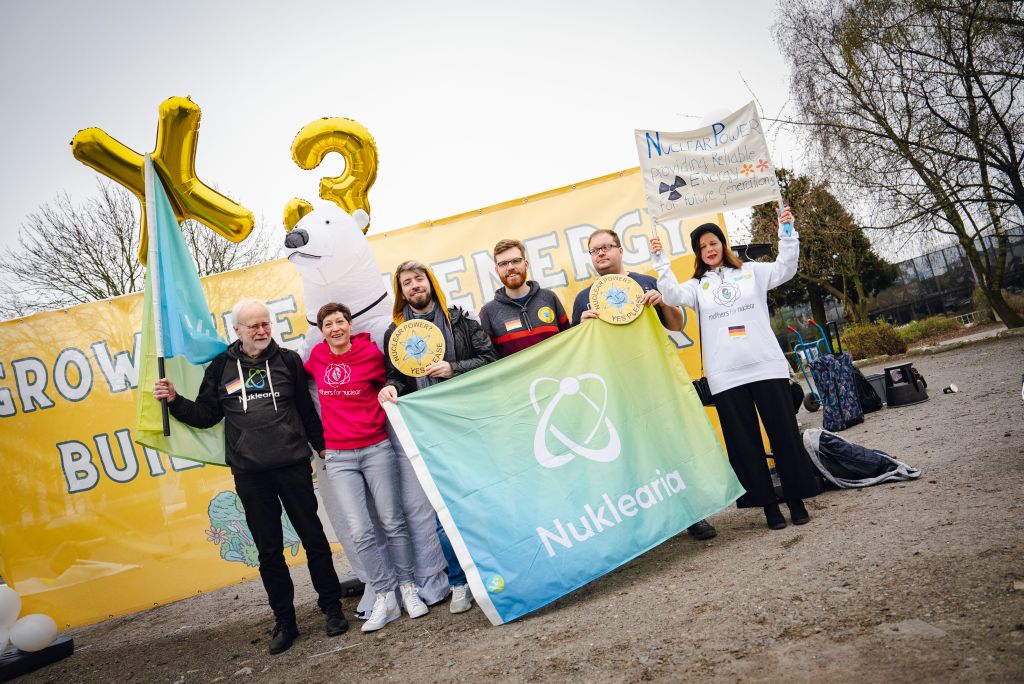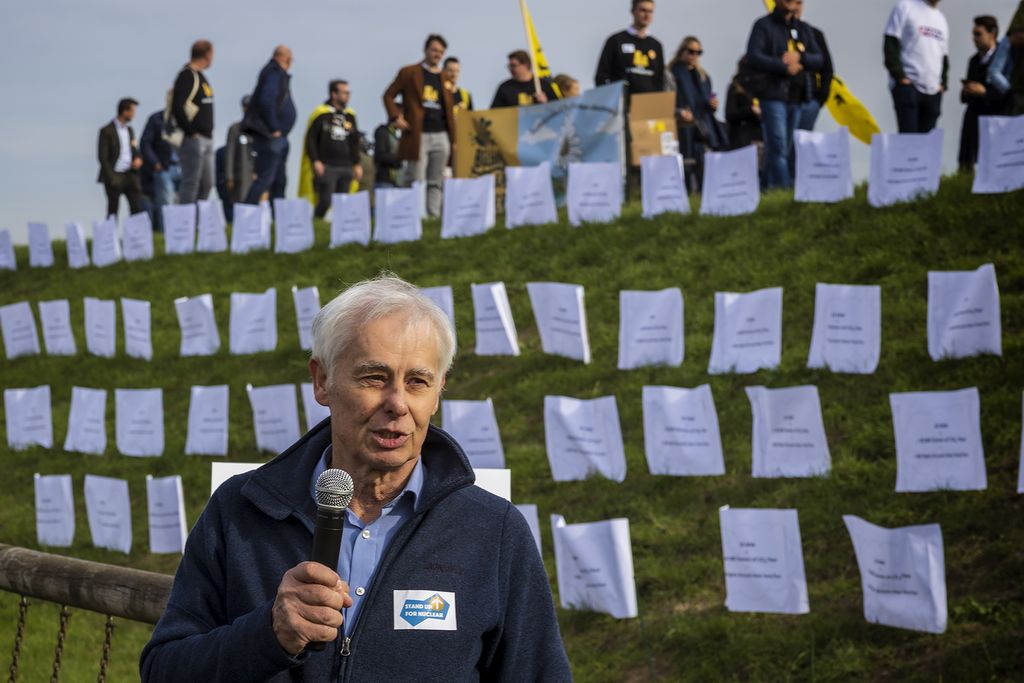Thank you!
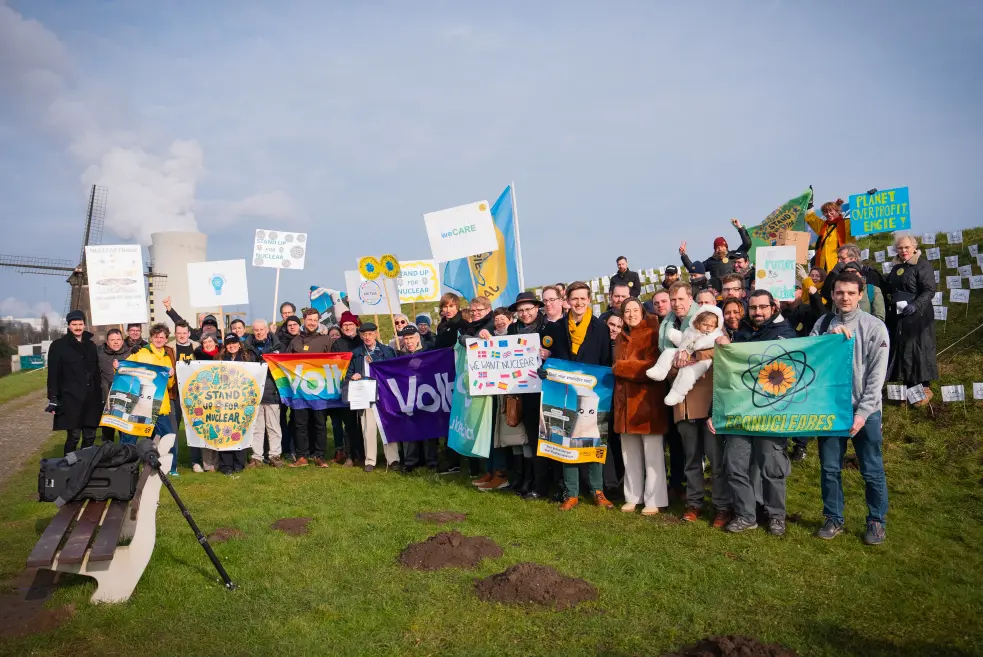
With numerous supporters from around the world our Standup for Nuclear 2025 was once again a great succes!
Our message is clear, we ask our Belgian leaders to take urgent action to:
Halt

all decommissioning efforts for all operating reactors.
Collaborate

with all stakeholders to ensure the operation and restart of technically feasible reactors.
Abolish

the 2003 nuclear phaseout law, paving the way for new developments and positioning Belgium as a leader in climate and energy innovation once again.
“For our citizens, our companies, our economy, our nation and our environment we must not shut down nuclear energy plants. We must protect firm baseload power that provides abundant, clean, affordable and reliable energy for all..” — Paul Bossens, Director Stand Up For Nuclear Belgium
Speeches
Television coverage
VTM News Reel
Printed media coverage
Photographs
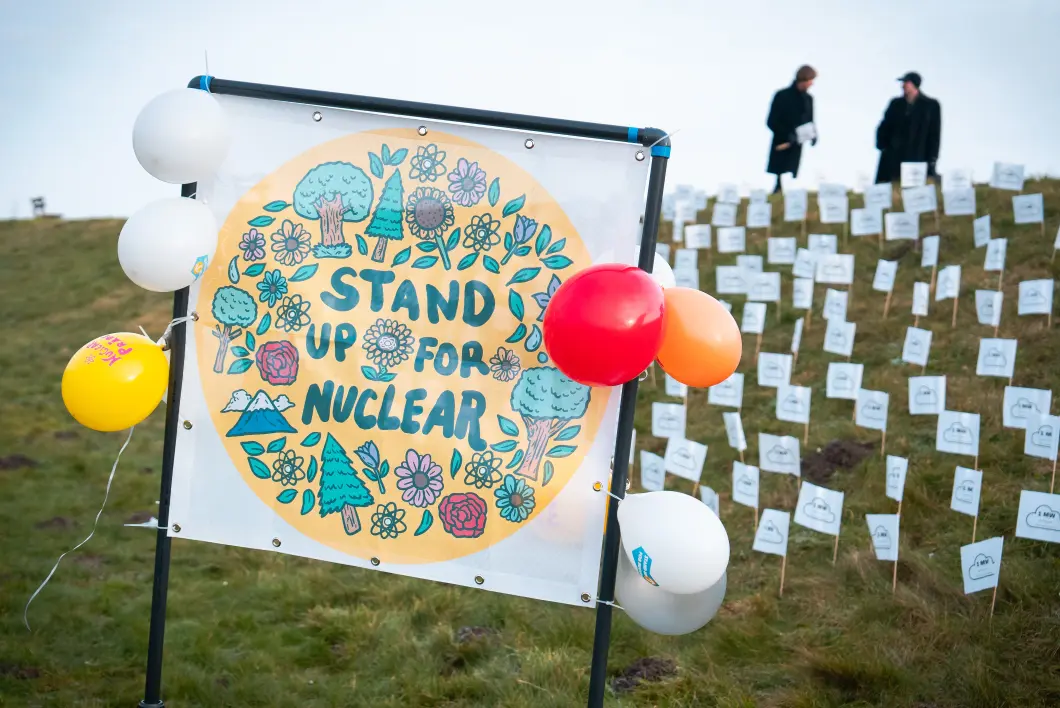


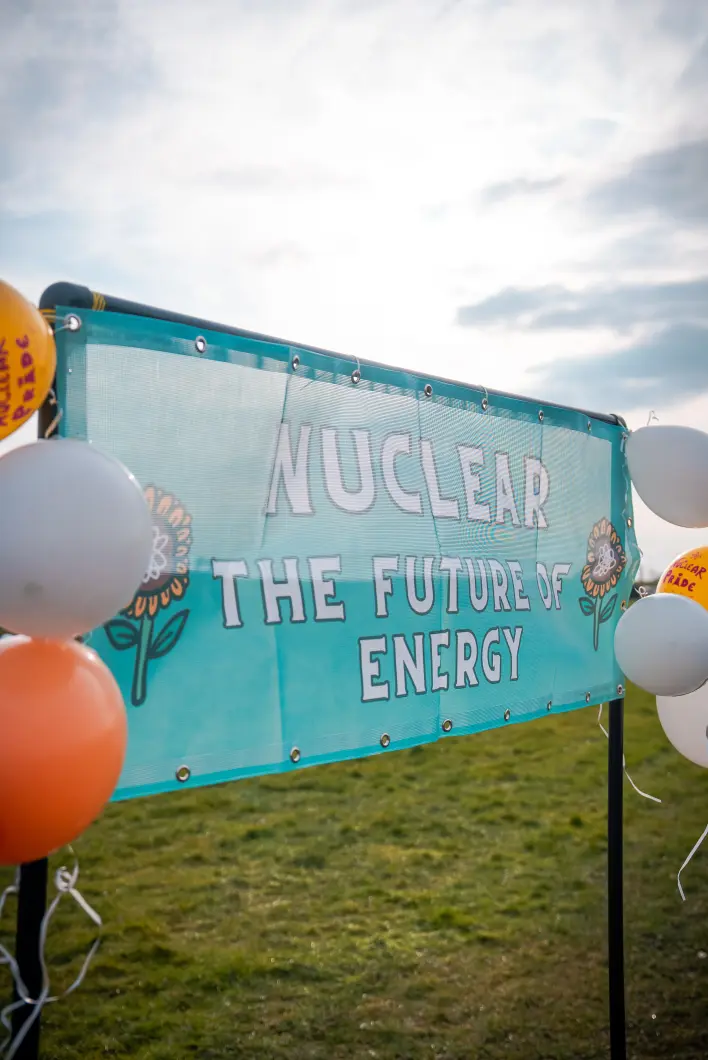
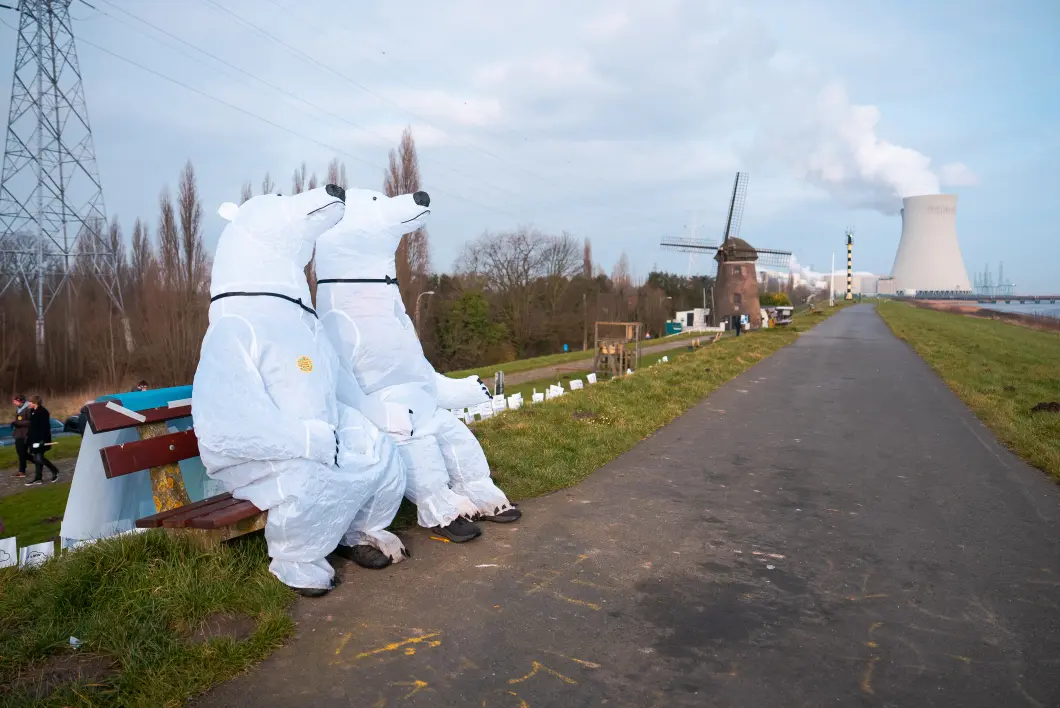




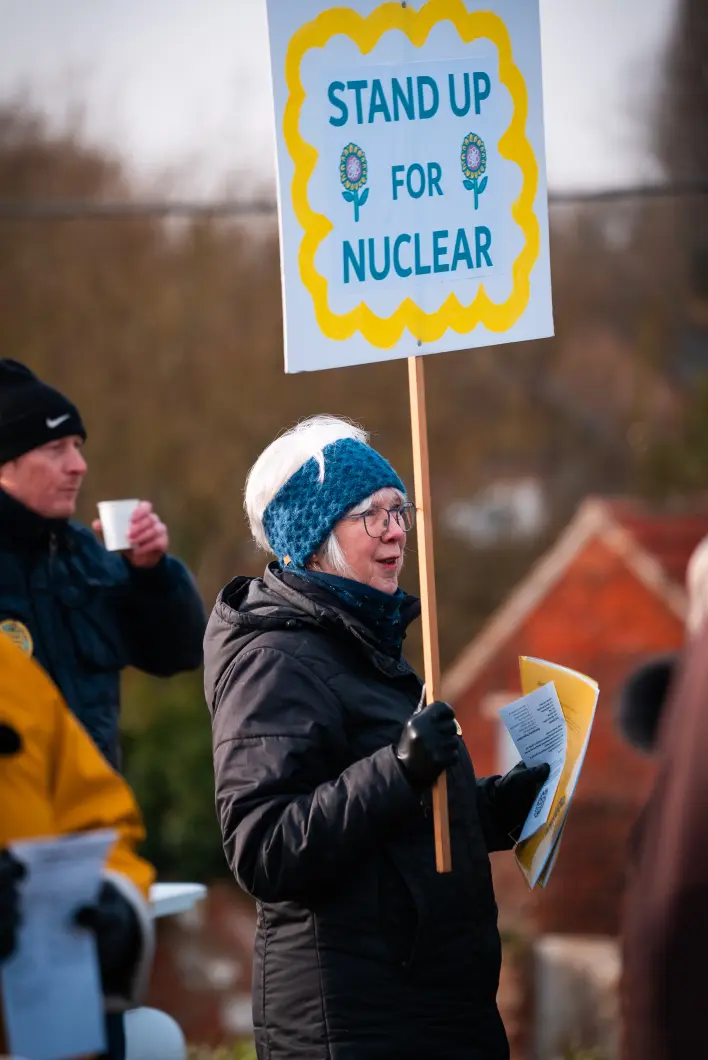

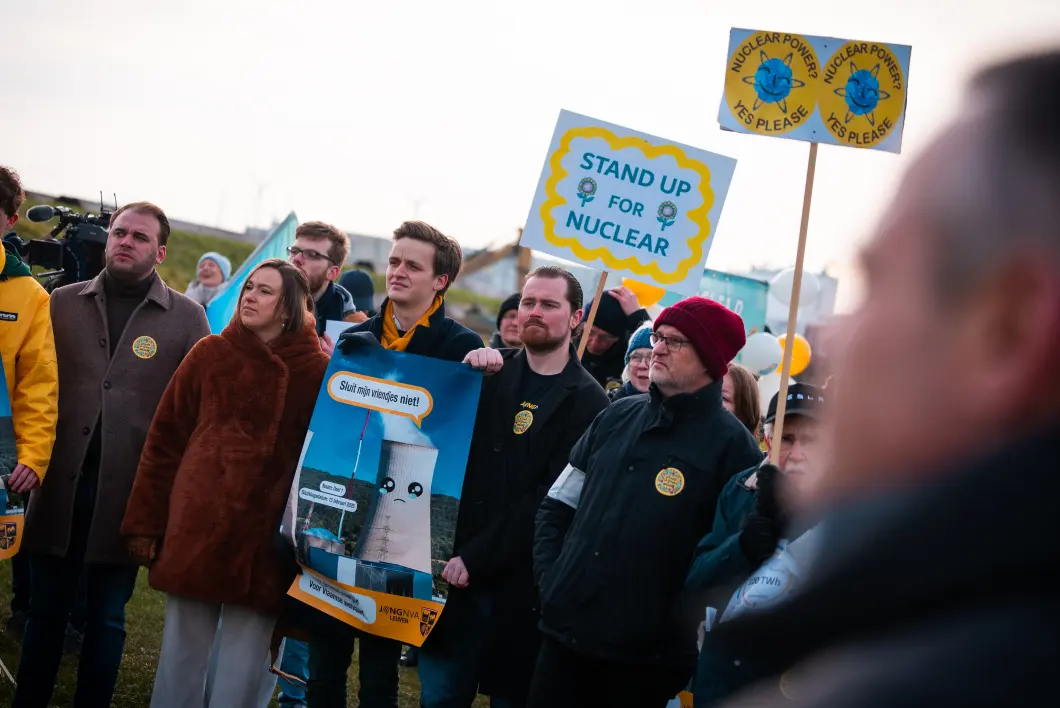
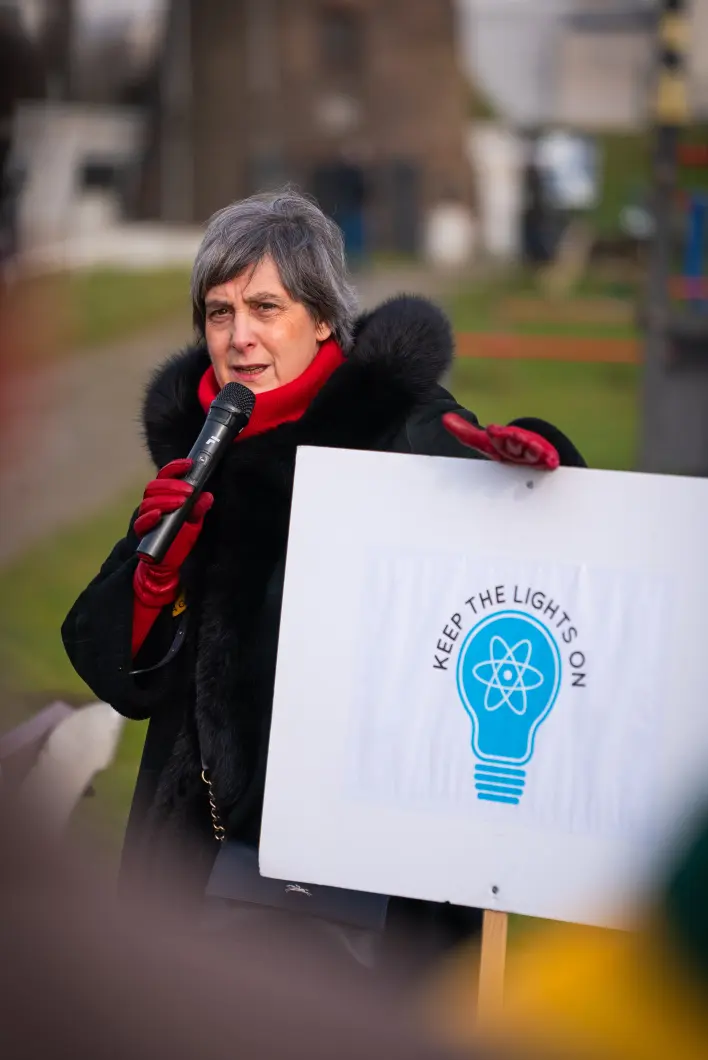



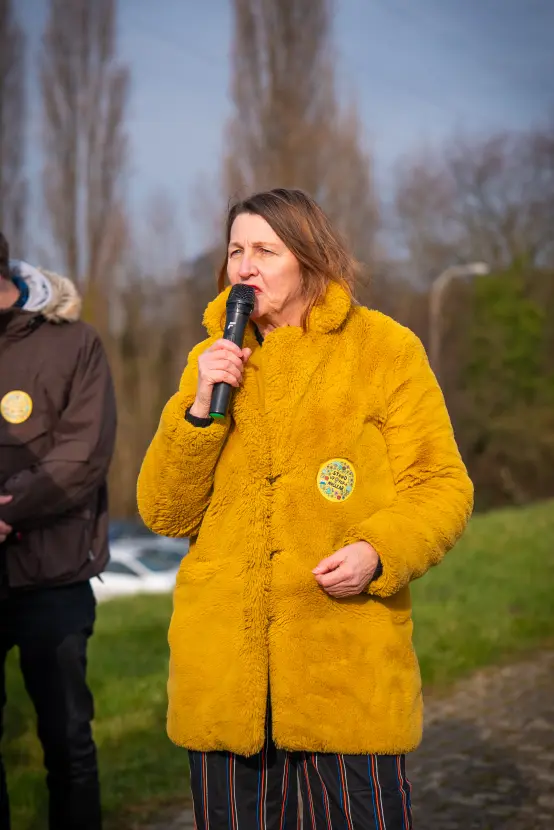
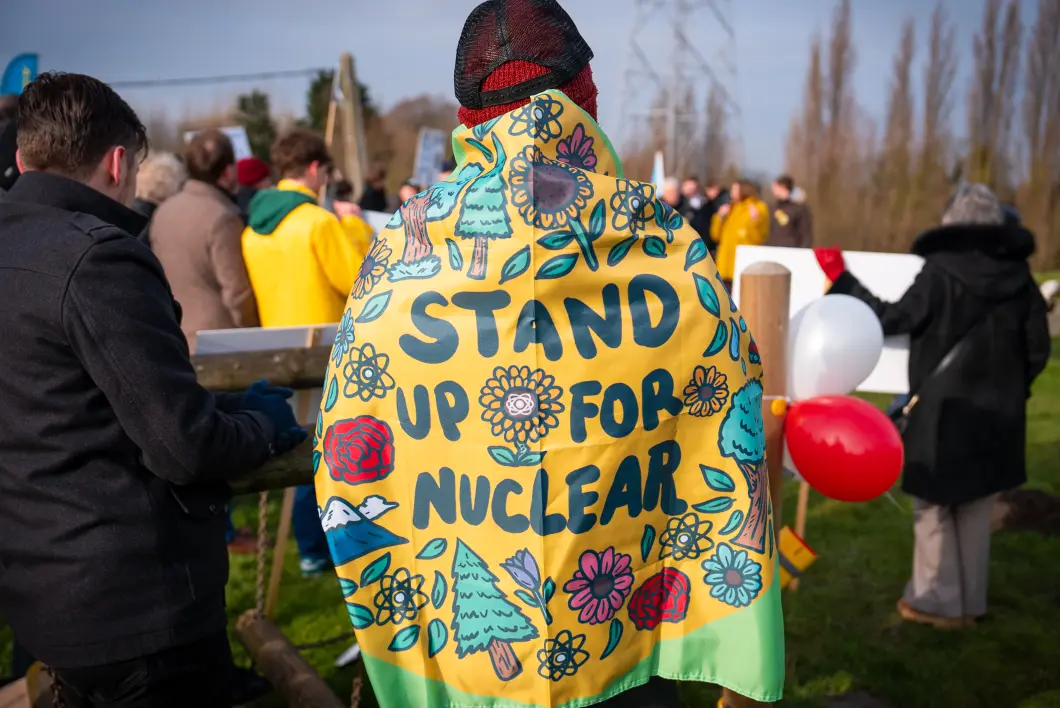



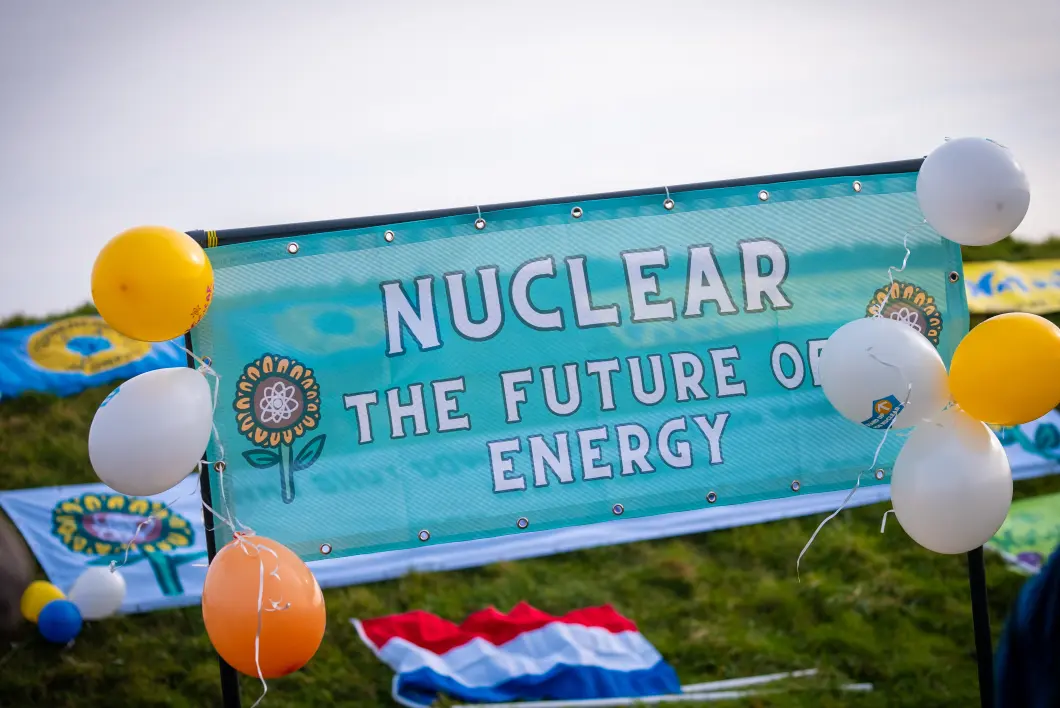
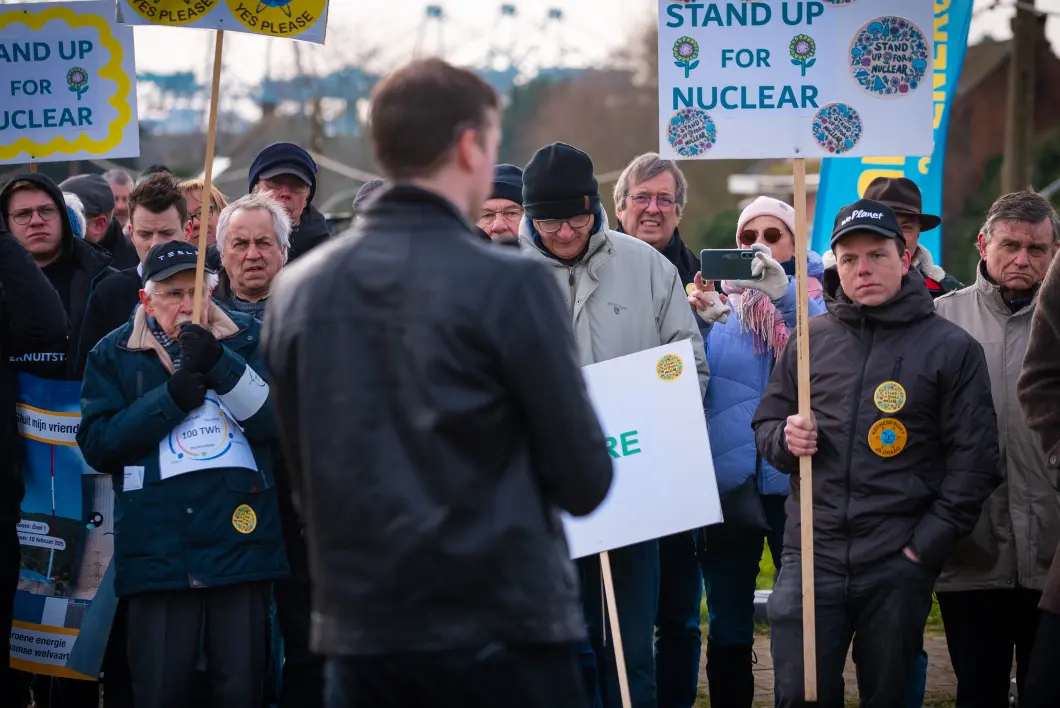
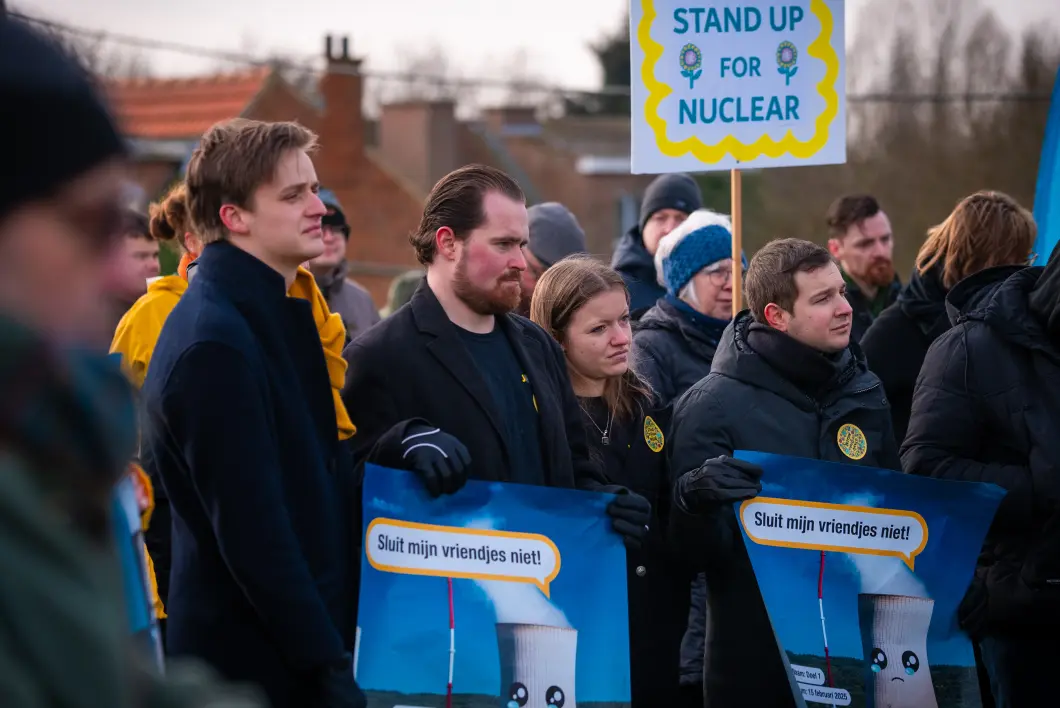



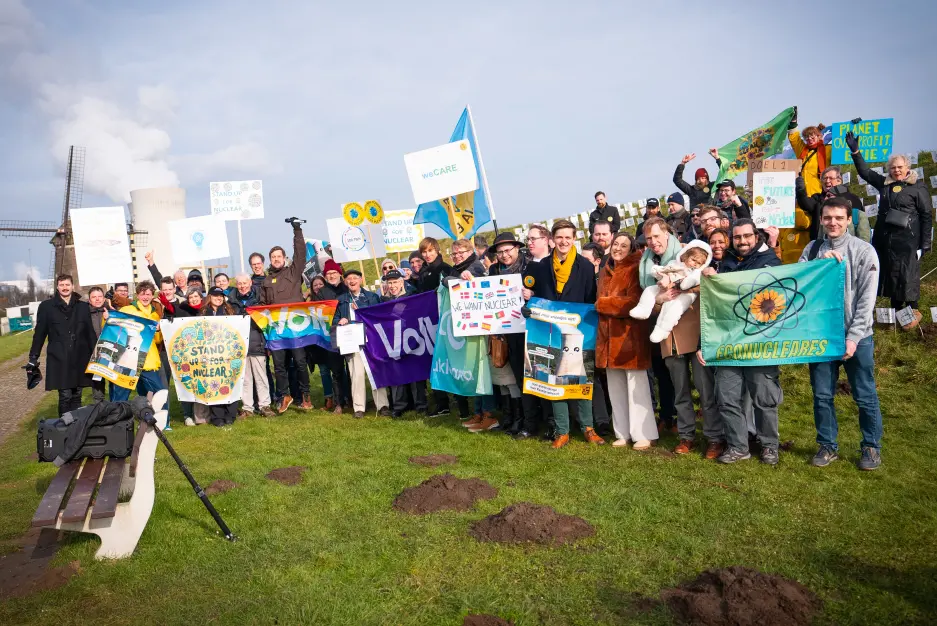


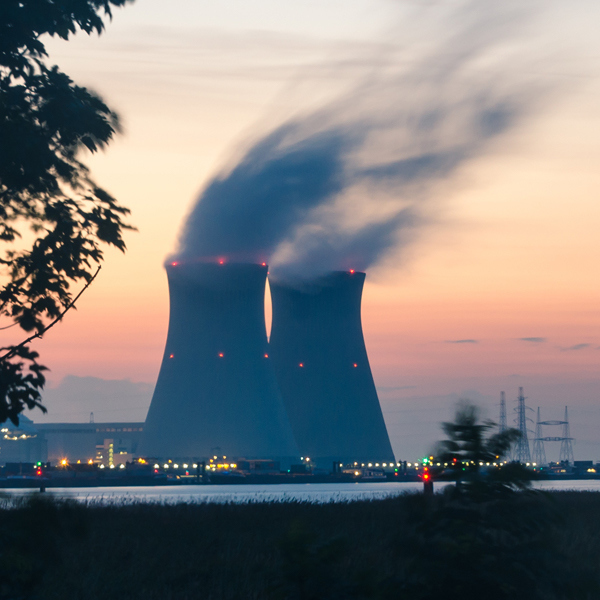
A brief history of Belgium's energy policy
Belgium was one of the nuclear pioneers in Europe, constructing Europe's first PWR in 1962. By 1985, at nuclear's energy's peak, Belgium's seven reactors supplied 67% of its electricity. In 2021, nuclear supplied 50% of the nation's electricity and 75% of its clean electricity.
Although Belgium has reaped the benefits of firm, affordable clean energy for the last 40 years, in 2003 the Greens in the belgian government gathered a coalition of other parties to pass the nuclear phaseout law forcing the closure of all nuclear plants by 2025. Since then, Belgium's nuclear plant's future has remained uncertain.
In 2020, the Greens held the energy minister position and appointed Tinne Van der Straeten. Straeten committed to expanding the role of wind and natural gas as a replacement for nuclear.
By 2023, Belgium had shut down the Doel 3 and Tihange 2 reactors, 2GWs of clean power, resulting in a 13% increase in CO2 emissions from electricity.
In 2025, Belgium is set to shut down three reactors—Doel 1, Tihange 1, and Doel 2—removing an additional 2 GW of clean, reliable energy. While a preliminary agreement was reached between Engie and the previous government to extend the operation of the Doel 4 and Tihange 3 reactors by 10 years, finalizing this extension remains complex and hinges on the formation of a coalition government that is strongly inclined to maintain Belgium’s nuclear fleet.
Europe is at a crossroads with its energy transition. The Ukraine-Russian war has only highlighted the importance of energy security and exposed dependencies that threaten the continent's gas and electricity supply.
Our neighbors in Germany have closed in 2023 the last 3 of 37 reactors totaling a 26,4 GWs of clean reliable power, leaving them dependent on coal and Russian gas. This occurrence has contributed to increasing high electricity prices, forcing German industries to make major cutbacks and move abroad.
In the Europe Union, countries including Poland, France, Hungary, Sweden, Slovakia, Romania, Bulgaria, Czech Republic, and Slovenia, are developing/furthering their nuclear programs and/or constructing new plants while Belgium, Spain, and Germany pursue total phaseout.
On February 15th, Belgium plans to shut down Doel 1, the first of five remaining operational nuclear reactors in the country. This closure marks a critical moment for Belgium to reconsider its energy strategy. It is not too late to extend and restart all technically feasible reactors.
We invite all allies to join us on February 15th from 10:00 to 12:00 in front of the Doel plant to commemorate this significant event, bear witness to this climate injustice, and call on Belgian leaders to take urgent action. Allies attending will include WePlanet Belgium, 100 TWh, Belgian politicians, academics, members of the press, and clean energy advocates from across Europe.
We urge the Belgian government to collaborate with all stakeholders to find a solution that keeps technically feasible reactors operational. We call upon Belgian leaders to abolish the 2003 nuclear phaseout law to prepare and allow for the development of new nuclear, propelling Belgium as a European climate and energy leader once again.

